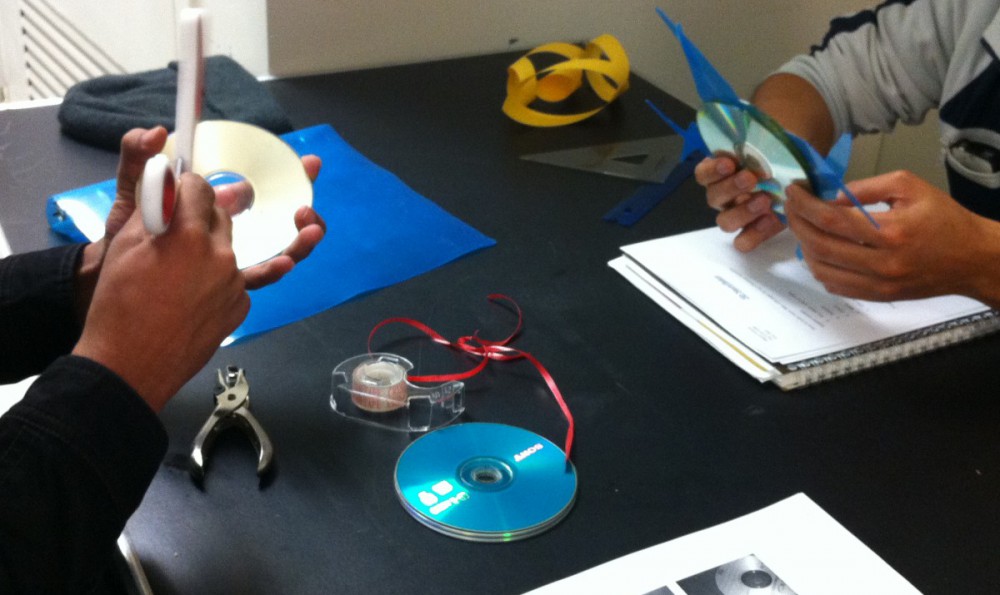For this assignment I looked for jobs related to both Software Development and IT support, since these are two fields I’m interested in. I’ve also worked in the IT support field twice before, so I can rely on this experience. I looked specifically at entry level positions, both part time and full time. After reviewing all of these different job descriptions, requirements, and preferences, I’ve gotten a better feel for what employers are looking for.
Some of the more common openings I’ve come across are for IT support and web development. Web developer positions have very content-specific requirements. Typically they want you to be knowledgeable in several specific programming languages, like HTML, CSS, PHP, and JavaScript. They also want future employees to have experience with tools like WordPress. Having a portfolio or website of your own to demonstrate is a big plus, since they can see your previous work and get a feel for your strengths and weaknesses.
Software development jobs are very similar to web programming in this regard. They want potential employees to be skilled in multiple programming languages, and they have to be languages which they use as well. If your expertise is Java but the position needs a C++ expert, you aren’t going to get that position. Java is one of the most commonly used languages, so having that on your resume is certainly beneficial. When looking at these job ads, I usually see Java, C/C++, Python, and Ruby listed. If you’re applying for a job like this, you should know at least two of these languages.
IT support jobs tend to be a bit less content-specific. Generally, they want you to have previous experience as IT support. You should be familiar with troubleshooting Windows operating systems, and common applications such as Microsoft Office Word, Excel, etc. Hands on experience is a big plus, or sometimes even a requirement, since these jobs will require you to install and remove hardware, and maybe even hands on troubleshooting.
Being a strong communicator, both written and verbal, is a huge benefit for essentially any kind of job. Yes, even these jobs. Even a back-end programmer who doesn’t deal with people every often. From my experience, just about every employer wants a good communicator. Even as a programmer, you may have to collaborate with others. Being able to communicate properly is vital; if you fail to express your idea clearly, the project you’re working on may come out wrong. Obviously, communication is also essential for IT support, since in this position you’ll be working with people who aren’t tech savvy. If you start explaining something to them in complicated, highly technical lingo, you’re not going to get through to them. In an IT support position, you’re going to be dealing with different kinds of people. Simplifying the complex is something you’ll have to do quite often, just like in technical writing!
All of these jobs demand a rather tech savvy employee. You’ll be working with computers, among other machines, so you need to know how they work, how to use them, and how to fix them. City Tech doesn’t really give you this type of hands on experience. I got all my hands on experience on my own time, building and fixing computers both for work and hobby. I’ve had to do this in the IT positions I’ve held, and I’ve built my own personal computers for gaming. To be honest, I don’t consider most of the programming courses I’ve taken to be helpful either. More often than not, I’m learning from w3schools.com. My professors even use that website as a guideline. Many times, I’m teaching myself as well. That’s how I got my foot in the door anyway, nobody taught me programming initially. I started programming on my own in 2008, developing modifications for PC games, and I did this just by trial and error. It’s not that hard since programming is all logic. Still, having the college credits and courses on your resume is a must. Most jobs require at least some college education, if not a bachelor’s degree in that field.
Work experience is crucial. Not only do you need it on your resume; even if you’re a genius who can write the most complex code on your spare time, having the experience of working with others and meeting deadlines is necessary, and this is the experience you’ll build on at the workplace. Therefore, my work experience has certainly been beneficial in helping me meet the needs of these types of employers.
Here are all of the job application links I used.
- https://careers-nttdata.icims.com/jobs/123518/it-help-desk-support/job?mode=job&iis=Indeed&iisn=Indeed.com&mobile=false&width=528&height=500&bga=true&needsRedirect=false
- http://www.onefinestay.com/jobs/position/?nl=1&jvi=o5kvZfwD,Job&jvs=Indeed&jvk=Job
- https://jobs-mwwgroup.icims.com/jobs/2663/it-specialist/job?mode=job&iis=Indeed&iisn=Indeed.com&mobile=false&width=975&height=500&bga=true&needsRedirect=false
- http://www.indeed.com/cmp/HookLogic/jobs/PC-Support-Technician-bb29fd37eabad4f6
- http://hire.jobvite.com/CompanyJobs/Careers.aspx?k=Job&c=qBr9VfwQ&j=ohKPYfwy&s=IndeedSponsored
- http://www.indeed.com/cmp/TodayTix/jobs/Junior-Java-Engineer-924267bf11406d65
- http://shi.catsone.com/careers/index.php?m=portal&a=details&jobOrderID=4197614&ref=indeed
- http://hire.jobvite.com/CompanyJobs/Careers.aspx?k=Job&c=qUL9Vfwt&j=oW9TYfwG&s=Indeed
- https://www.spotify.com/us/jobs/view/oO7TYfww/?source=Indeed
- http://www.indeed.com/viewjob?jk=4e05e9ebaafa3cf7&q=software+engineer&l=11234&tk=191933mpp0ns25hm
- http://hire.jobvite.com/CompanyJobs/Careers.aspx?k=Job&c=qBr9VfwQ&j=ovvoXfw5&s=IndeedSponsored
- http://www.internships.com/it/Java-Developer-with-H1B-Sponsorship
- http://www.internships.com/it/Independent-Record-Label-seeks-Web-Designer
- http://www.internships.com/it/Net-Developer-with-Free-H1B-Sponsorship-and-Placement
- http://www.internships.com/it/Independent-Record-Label-seeks-Summer-Web-Designer
- http://www.internships.com/it/Front-End-Web-Developer-I5237797
- http://www.internships.com/it/Developer-I3455242



